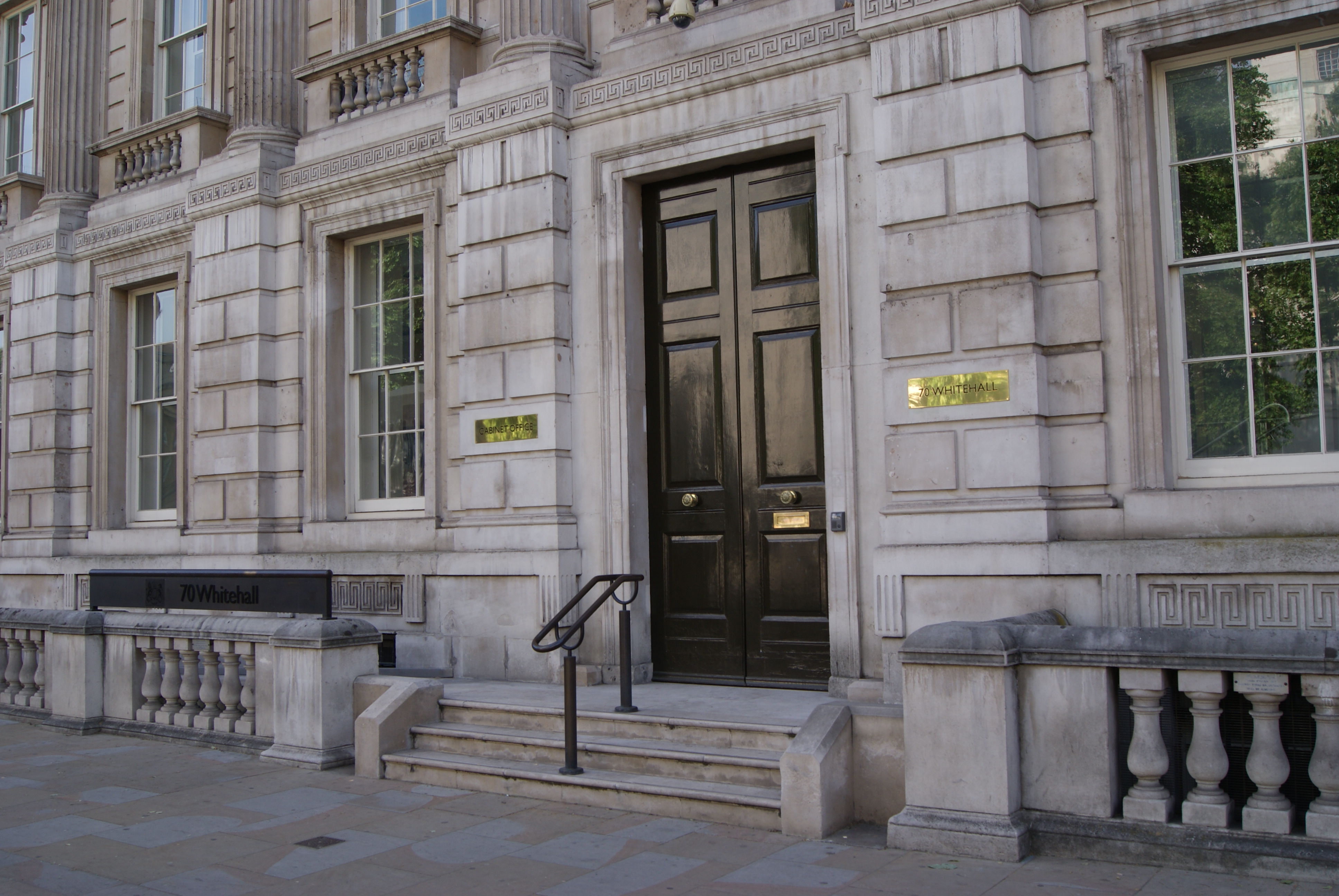|
National Risk Register
The National Risk Register is a report first released by the Cabinet Office The Cabinet Office is a department of His Majesty's Government responsible for supporting the prime minister and Cabinet. It is composed of various units that support Cabinet committees and which co-ordinate the delivery of government objecti ... in August 2008 as part of the British government's National Security Strategy. It provides an official government assessment of significant potential risks to the United Kingdom. The National Risk Register has since been re-issued in 2010, 2012, 2013, 2015, 2017, 2020 and 2023. Contents The National Risk Register divides risks into four main categories: natural hazards, major accidents, societal risks, and malicious attacks. It evaluates a number of risks under each of these headings, rated by relative impact and likelihood, and discusses the measures currently in place to deal with each of these. It also discusses measures that can be put in place by bot ... [...More Info...] [...Related Items...] OR: [Wikipedia] [Google] [Baidu] |
Cabinet Office
The Cabinet Office is a department of His Majesty's Government responsible for supporting the prime minister and Cabinet. It is composed of various units that support Cabinet committees and which co-ordinate the delivery of government objectives via other departments. As of December 2021, it has over 10,200 staff, most of whom are civil servants, some of whom work in Whitehall. Staff working in the Prime Minister's Office are part of the Cabinet Office. Responsibilities The Cabinet Office's core functions are: * Supporting collective government, helping to ensure the effective development, coordination and implementation of policy; * Supporting the National Security Council and the Joint Intelligence Organisation, coordinating the government's response to crises and managing the UK's cyber security; * Promoting efficiency and reform across government through innovation, transparency, better procurement and project management, by transforming the delivery of services, and impr ... [...More Info...] [...Related Items...] OR: [Wikipedia] [Google] [Baidu] |
National Security Strategy Of The United Kingdom
The National Security Strategy of the United Kingdom sets out the risks that UK faces and how the government of that day will address such risks. List of known National Security Strategy Papers presented National Security Strategy 2008 The UK government's first National Security Strategy, 'The National Security Strategy of the United Kingdom: Security in an interdependent world', was released by the Cabinet Office in March 2008 under the Labour Party-led Government. National Security Strategy 2009 The 2008 Paper was updated in 2009, under the heading 'Security for the Next Generation'. National Security Strategy 2010 The UK government's second National Security Strategy was published in October 2010 under the Conservative-Liberal Democrat Government. It was titled "A Strong Britain in an Age of Uncertainty". It outlines threats facing the United Kingdom, and defences against these threats. It emphasised the risks posed by terrorism, cyberwarfare Cyberwarfare is the use ... [...More Info...] [...Related Items...] OR: [Wikipedia] [Google] [Baidu] |
Cabinet Office (United Kingdom)
The Cabinet Office is a department of His Majesty's Government responsible for supporting the prime minister and Cabinet. It is composed of various units that support Cabinet committees and which co-ordinate the delivery of government objectives via other departments. As of December 2021, it has over 10,200 staff, most of whom are civil servants, some of whom work in Whitehall. Staff working in the Prime Minister's Office are part of the Cabinet Office. Responsibilities The Cabinet Office's core functions are: * Supporting collective government, helping to ensure the effective development, coordination and implementation of policy; * Supporting the National Security Council and the Joint Intelligence Organisation, coordinating the government's response to crises and managing the UK's cyber security; * Promoting efficiency and reform across government through innovation, transparency, better procurement and project management, by transforming the delivery of services, and impro ... [...More Info...] [...Related Items...] OR: [Wikipedia] [Google] [Baidu] |
Civil Defense
Civil defense ( en, region=gb, civil defence) or civil protection is an effort to protect the citizens of a state (generally non-combatants) from man-made and natural disasters. It uses the principles of emergency operations: prevention, mitigation, preparation, response, or emergency evacuation and recovery. Programs of this sort were initially discussed at least as early as the 1920s and were implemented in some countries during the 1930s as the threat of war and aerial bombardment grew. Civil-defense structures became widespread after authorities recognised the threats posed by nuclear weapons. Since the end of the Cold War, the focus of civil defense has largely shifted from responding to military attack to dealing with emergencies and disasters in general. The new concept is characterised by a number of terms, each of which has its own specific shade of meaning, such as ''crisis management'', '' emergency management'', ''emergency preparedness'', ''contingency planning' ... [...More Info...] [...Related Items...] OR: [Wikipedia] [Google] [Baidu] |
Emergency Management In The United Kingdom
An emergency is an urgent, unexpected, and usually dangerous situation that poses an immediate risk to health, life, property, or environment and requires immediate action. Most emergencies require urgent intervention to prevent a worsening of the situation, although in some situations, mitigation may not be possible and agencies may only be able to offer palliative care for the aftermath. While some emergencies are self-evident (such as a natural disaster that threatens many lives), many smaller incidents require that an observer (or affected party) decide whether it qualifies as an emergency. The precise definition of an emergency, the agencies involved and the procedures used, vary by jurisdiction, and this is usually set by the government, whose agencies (emergency services) are responsible for emergency planning and management. Defining an emergency An incident, to be an emergency, conforms to one or more of the following, if it: * Poses an immediate threat to life, hea ... [...More Info...] [...Related Items...] OR: [Wikipedia] [Google] [Baidu] |

